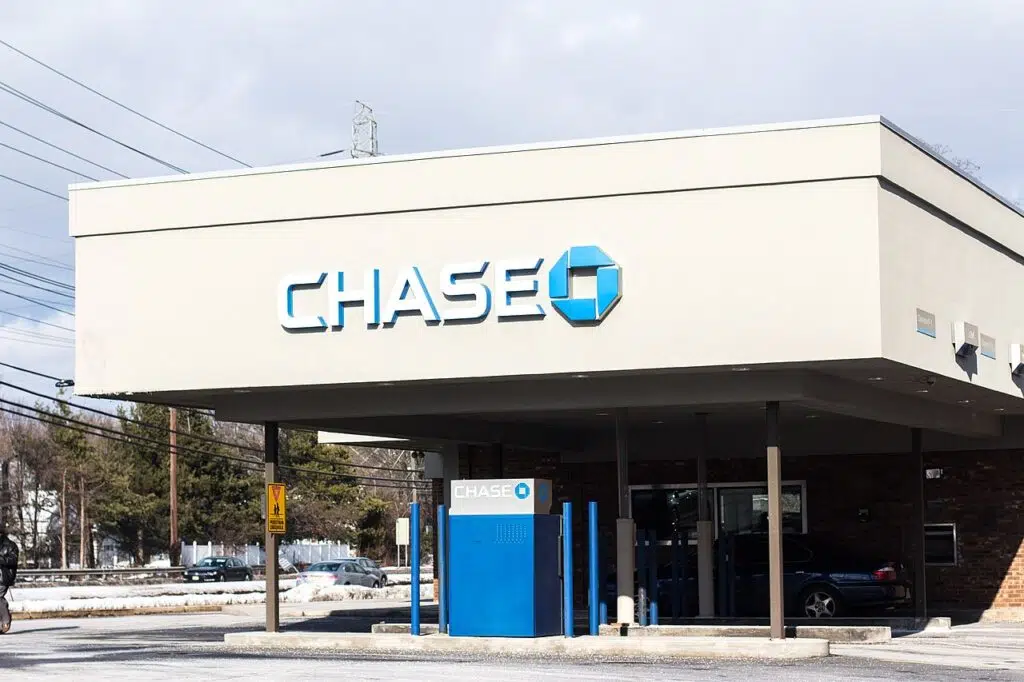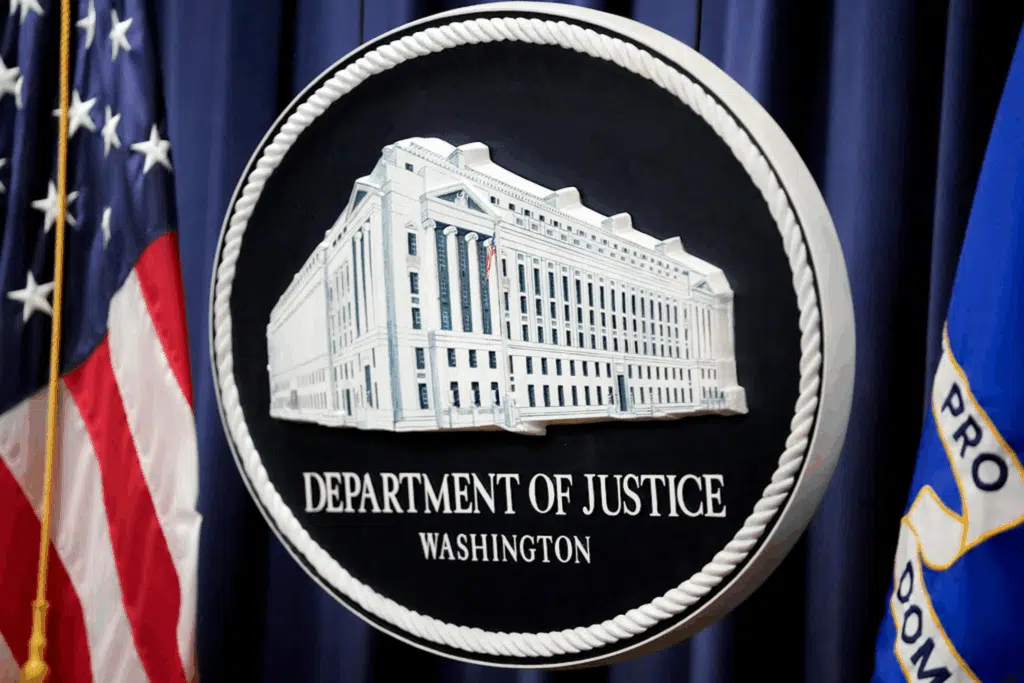
We Need To Break Up The Big Banks
Yesterday, a letter surfaced that showed that JPMorgan Chase, the nation’s largest bank, has cut ties with Kanye West and his apparel brand Yeezy, Inc. The decision by Chase to end their relationship with West came as he came under fire for controversial remarks that were allegedly anti-semitic and his embrace of right-wing causes.
Is this a case of political censorship by a big bank? Possibly but there’s a very good argument that it is not in this case. Kanye West has a tendency to feud with his business partners and that includes the executives at Chase.
West has also been at loggerheads with JPMorgan Chase & Co, which is managing his assets.
He recently took aim at bank executives Bill Grous, Jing Ulrich, and CEO Jamie Dimon for allegedly not being available to him on the phone when he needed to speak to them.
“I feel like there’s a lot of controlling and handling to suppress my ability to affect the American economy and industry,” West said of JP Morgan Chase.
The [New York] Post has sought comment from JPMorgan Chase.
In either event, West will be fine. He will land on his feet at another bank.
While West may not be the victim of politically-motivated bank account deplatforming, it has happened to others. In February of this year, MyPillow CEO Mike Lindell had his accounts terminated at Minnesota Bank & Trust. A month earlier, a bank executive described Lindell as a “reputation risk.” Lindell had not been using his accounts in an illegal fashion. He had just been politically active in a way his bank disapproved.
But Chase has been accused of canceling others. Last week, former Kansas Governor Sam Brownback, who is the chairman of the National Committee for Religious Freedom accused Chase of suddenly closing the organization’s account. In addition, Brownback alleges that Chase would let his organization reopen its account if it disclosed its donor list, the candidates it plans to support, and the criteria which would be used to award those endorsements. If Brownback is right, this is an outrageous demand by Chase.
The easy solution to this is to enact a law that bans politically-motivated bank account deplatforming. But that does not cover the problems with big banks. The problem with big banks is that they exist. We need to break them up.
In the Great Recession, the phrase “too big to fail” was coined. That phrase was used to describe the big banks that got bailouts from the feds. What we should’ve thought in 2008 and 2009 was “too big to fail” = too big.
Some of you reading might think that big banks are the natural product of capitalism. In reality, big banks are the result and cause of big government as pointed out in 2013 by Tim Carney in the Washington Examiner.
Big banks are the result of big government: Once a bank reaches a certain size, government acts to protect it from competition, causing the banks to grow bigger. Regulation creates a “moat” around big banks, as Jamie Dimon of JP Morgan recently explained about Dodd-Frank.
Also, there’s perception that a bank is so big that its failure would be impermissibly disruptive to the economy. This perception creates an assumption that the government will bail the bank out if it fails. This assumption manifests itself as higher credit ratings and lower borrowing costs. The megabanks use this government-granted privilege to grow bigger.
Big banks are the cause of big government: They get bailed out, which leads to more regulations and more implicit bailouts, which leads to more regulations.
So, what’s a libertarian to do? If taxpayers are the guarantors of the big banks, then laissez-fairism seems pretty misplaced. Once government is the insurer of banks, explicitly and implicitly, then it violates no libertarian principle for government to regulate the banks for the sake of safety and soundness.
But I’m very skeptical of government’s ability to regulate wisely without being captured or simply foolish. So, as Walker sums up my argument at Reason, blunt and dumb means of regulating are probably best. One possible big-government approach: bar the banks from getting so big that our politicians will feel compelled to bail them out.
Carney went on to suggest cutting big banks off from various federal subsidies such as FDIC insurance and access to Fed lending windows. This is one way to address the issue.
One instance of how big banks and other financial services firms are colluding is through the proliferation of ESG as explained by Justin Haskins at the Heartland Institute.
There is nothing “free market” about ESG systems, nor other similarly subjective ratings systems. The ESG model is effectively collusion. It’s closer to the way mafias operate than it is to a market-based economy. Instead of responding to the desires of customers, businesses are forced to listen to the demands of a small group of banks, investors, and international institutions. Under an ESG scheme, big banks, Wall Street firms, and financial institutions work together with activists to decide as a group which markets and businesses they will allow to survive and which ones will be destroyed. And those decisions are not based on free-market considerations. Instead, they are predicated on crony arrangements between themselves and officials from international institutions, central banks, and governments.
In any other circumstance, this would be collusion and would violate antitrust law. But because the big banks and big government are in bed together with socialist activists, this collusion is allowed. This is the problem with allowing the unholy alliance between big banks and big government.
For the sake of freedom and capitalism, we have to break up the big banks. We need to do this as an overall plan to decentralize the economy in order to break the power of woke capital and big government.



